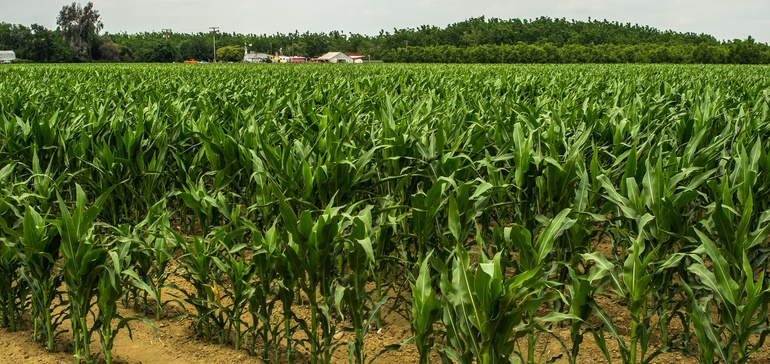Dive Brief:
- Virginia farmers can now take advantage of a 30% tax credit for donating surplus crops, starting with the 2017 tax year. The state is allowed to issue up to $250,000 in total credits per year, as reported by WTVR.
- Specifically, this credit covers the donation of any grains, fruits, nuts, or vegetables to a nonprofit food bank. Farmers can file for 30% of fair market value, with a maximum of $5,000 in credits per person each year.
- In the event that farmers don't owe enough income tax to cover the credit, they can carry that credit over for up to five taxable years. Interested farmers have until February 2018 to submit a
Virginia Department of Taxation Food Crop Donation Tax Credit application
Dive Insight:
Farmers can play a key role in limiting food waste farther up the supply chain and
ReFED estimates that approximately 10 million tons of produce is wasted at farms each year. In some cases this food is never harvested or may not make it to consumers because of cosmetic imperfections. Expending resources required to harvest or transport this food for donation can be a challenge, which is why the tax credit concept is seen as a useful incentive.
Multiple states now have food donation tax credits of some kind and Virginia isn't the first to create one specifically for farmers. Most recently, New York's state legislature
passed a similar farm donation credit as part of its state budget after backing off on plans for a larger commercial organics diversion requirement. That credit also allows farmers to claim up to $5,000 in credits, though calculates claims based on 25% of market value.
The concept of capturing surplus food from farms has also spurred new solutions in the private sector. California company Full Harvest
recently completed a large new round of seed funding to grow its online produce sharing platform. Using this platform, Full Harvest facilitates the exchange of time-sensitive produce between farmers and food manufacturers or beverage companies and takes a cut of the sales.


